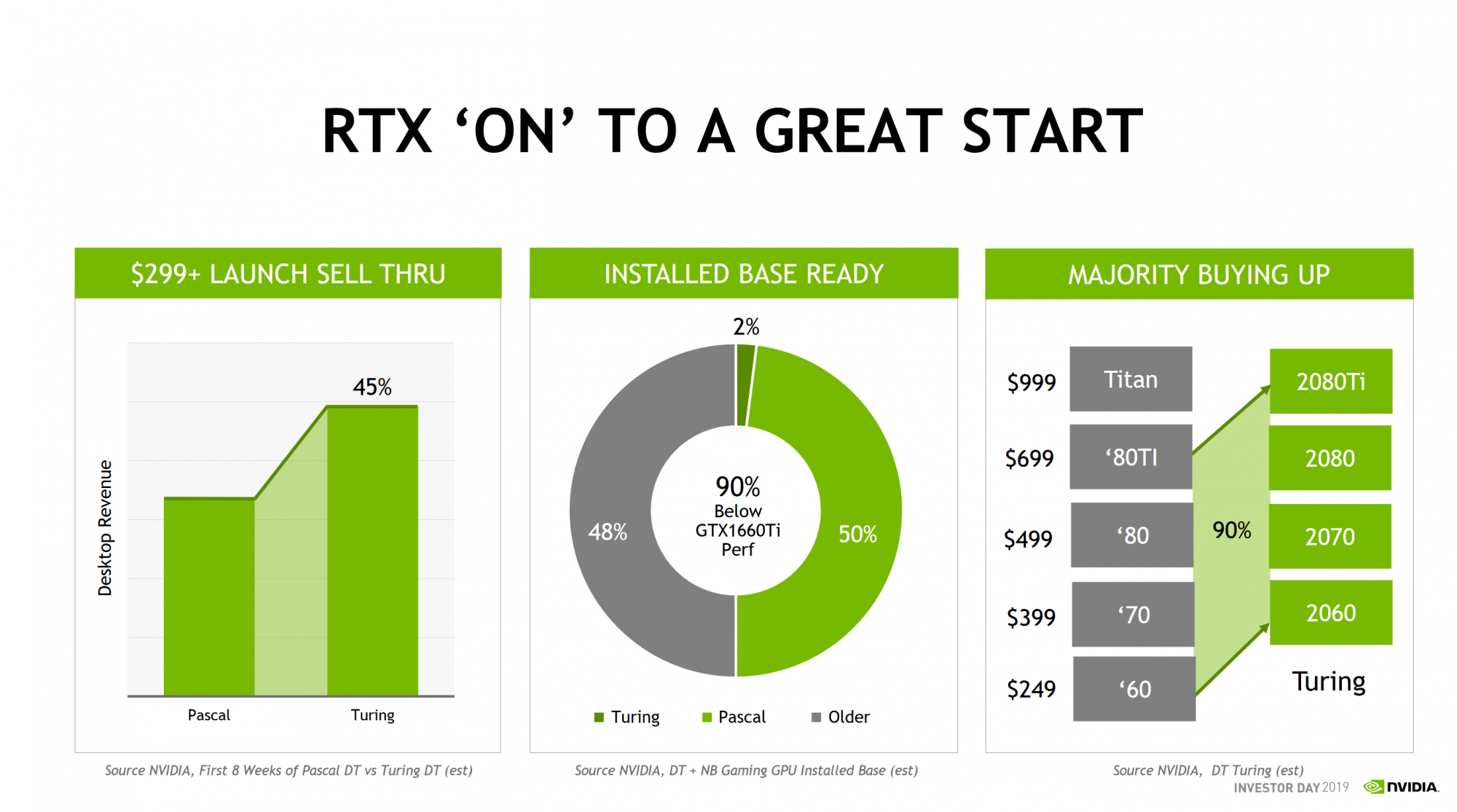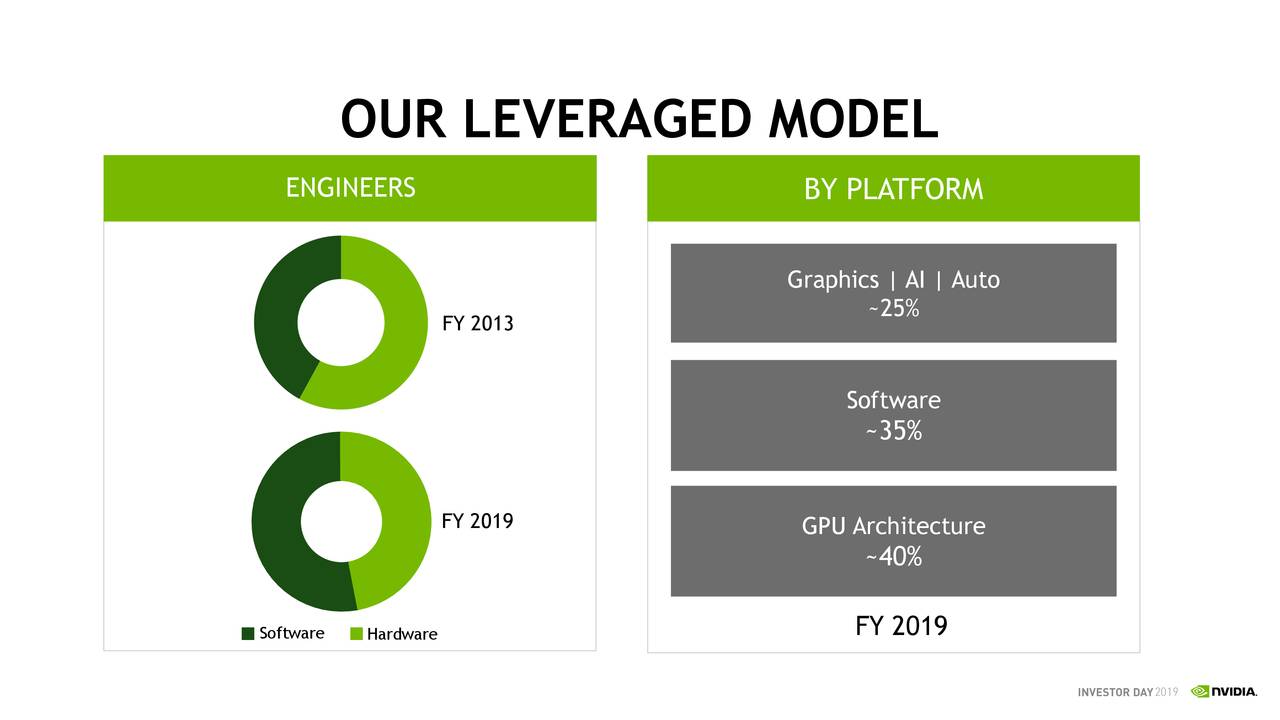Id rather go by JPR as a indicator of true market share then the garbage that is Steam hardware survey
You’re comparing two completely different things.
JPR tracks market share in terms of recent sales. Steam reports market share in terms of installed base.
![[H]ard|Forum](/styles/hardforum/xenforo/logo_dark.png)

